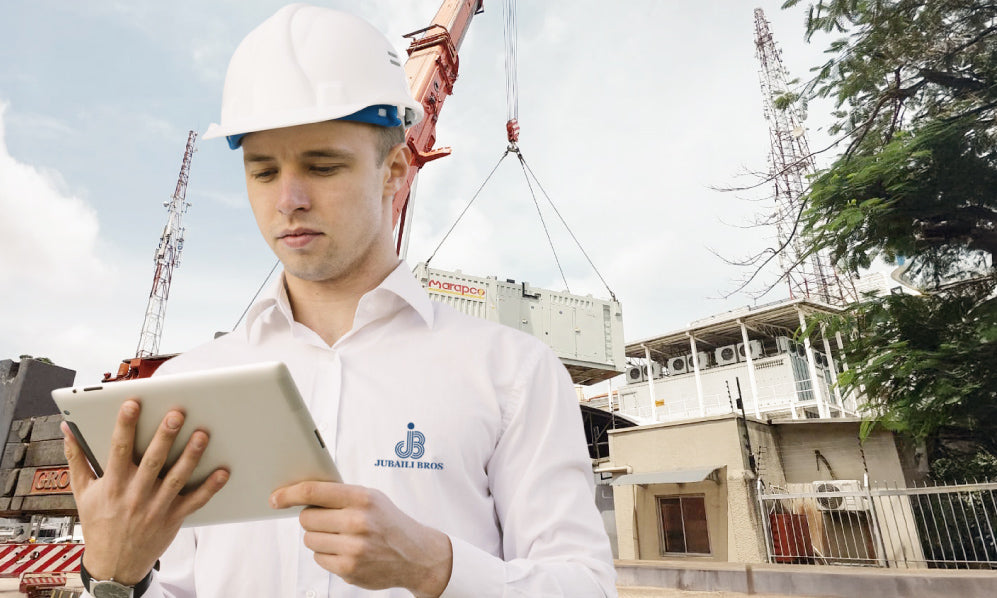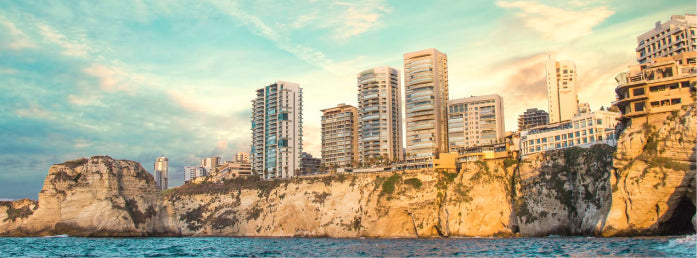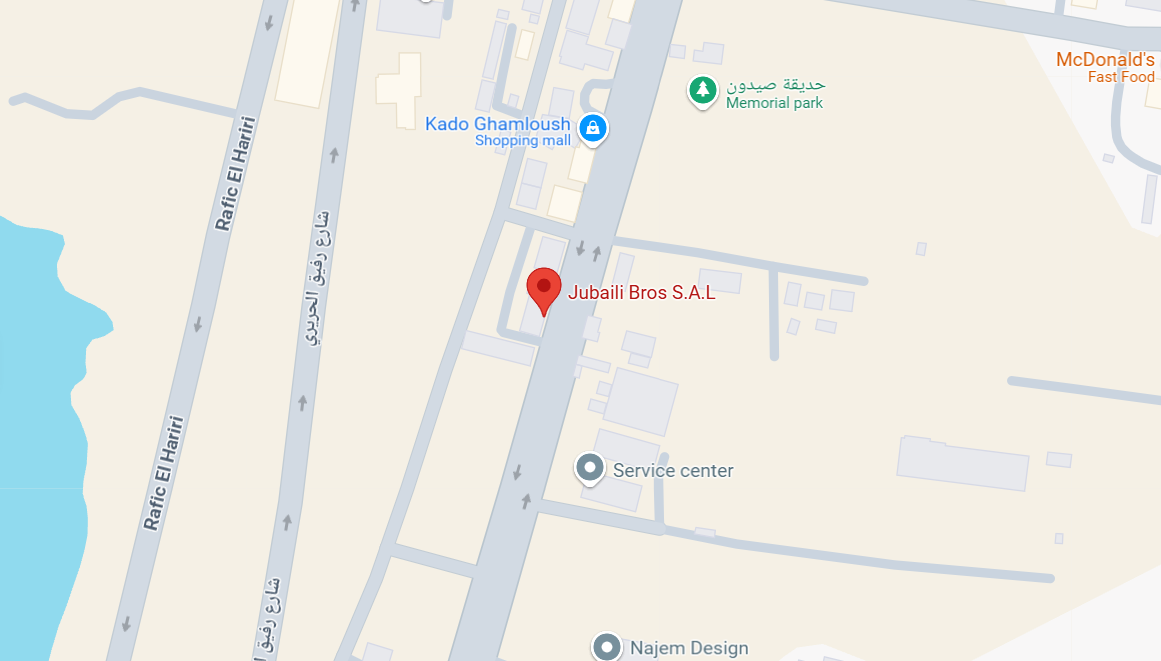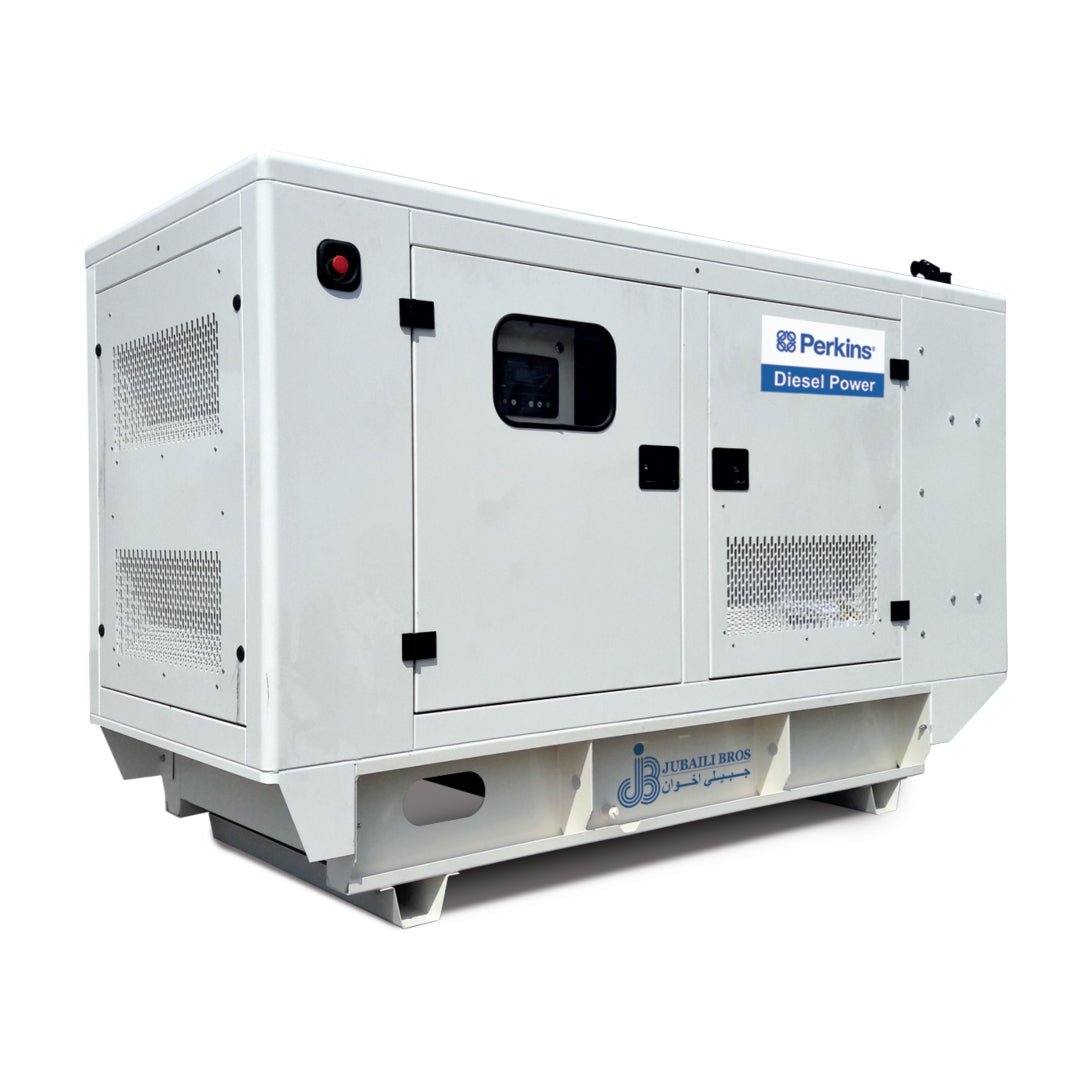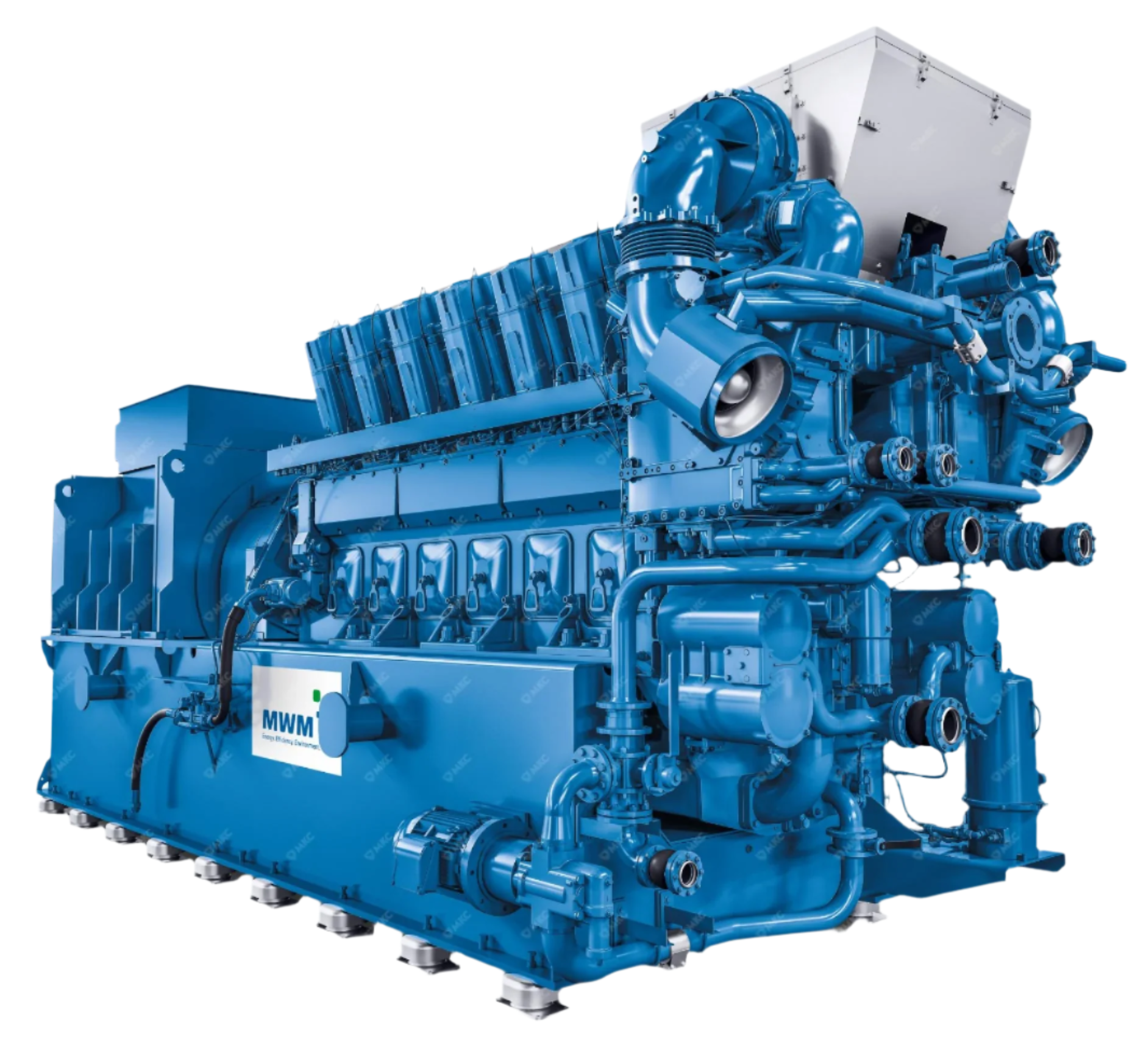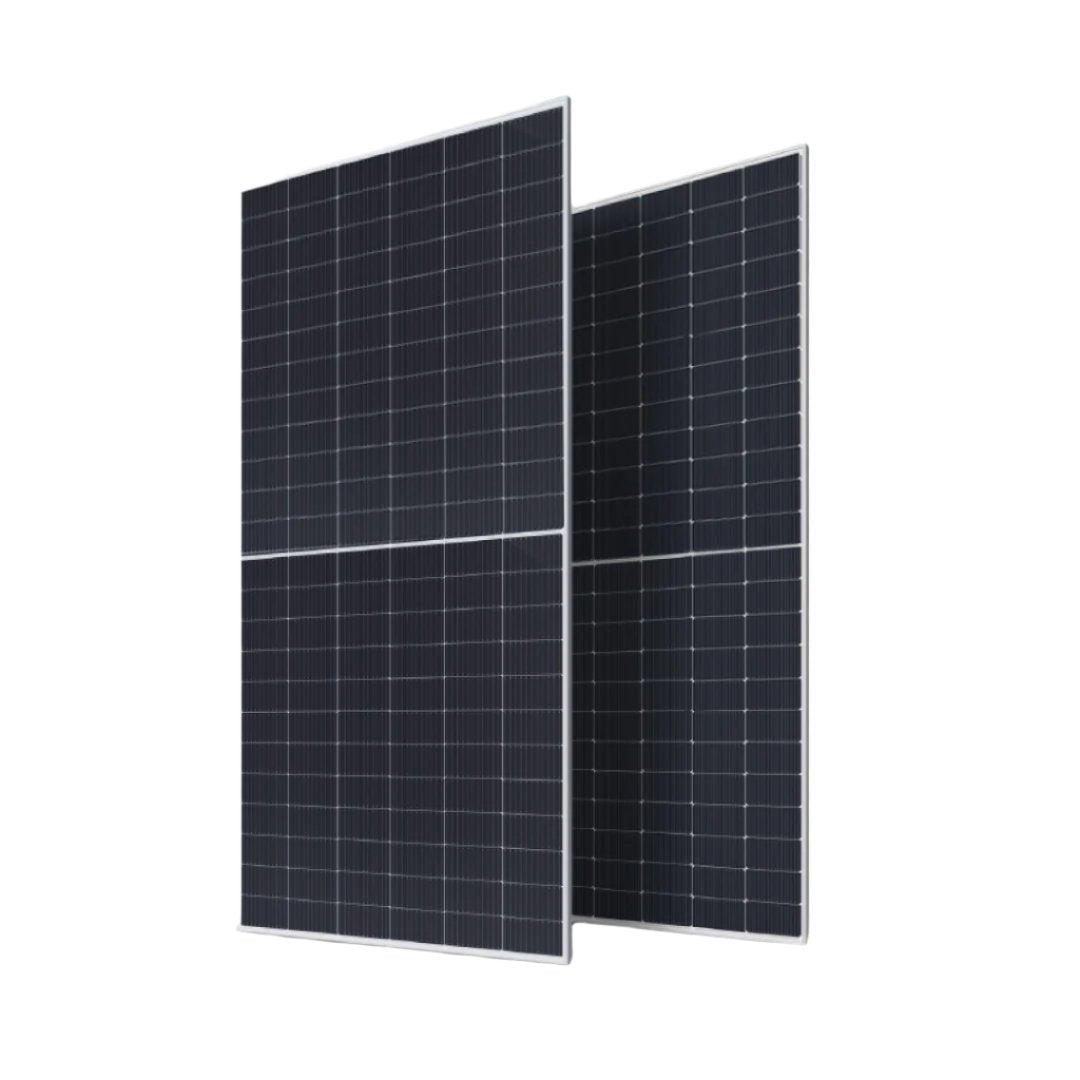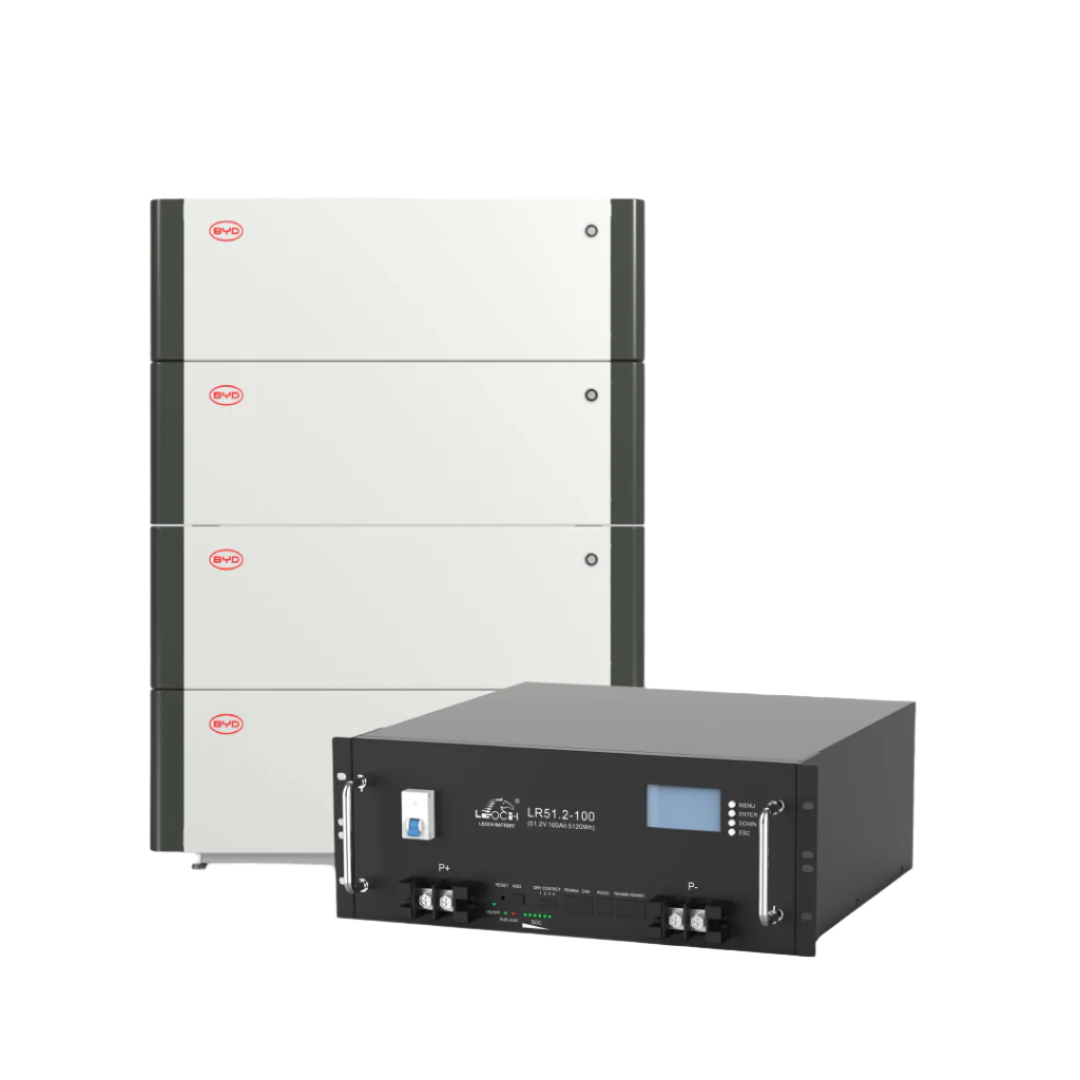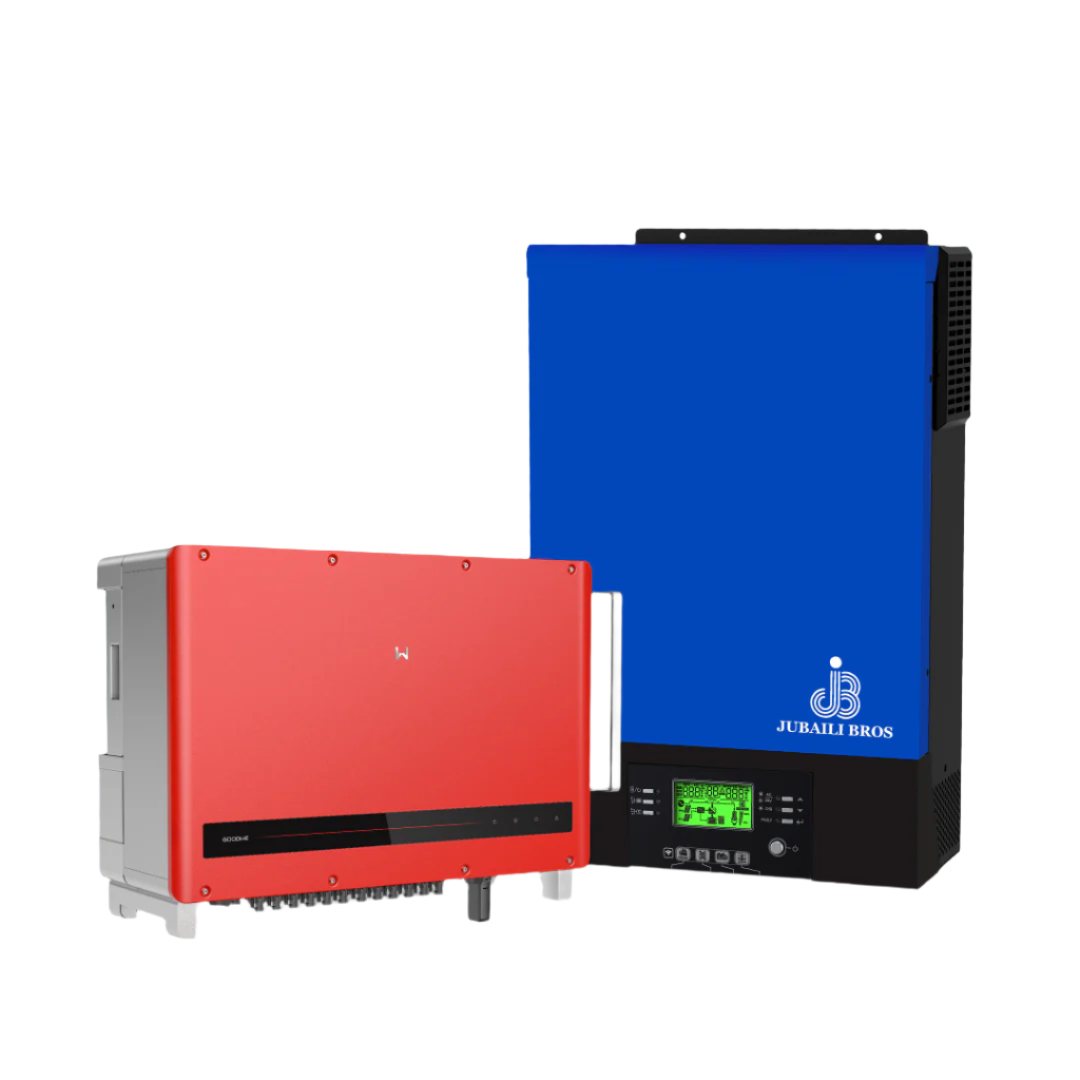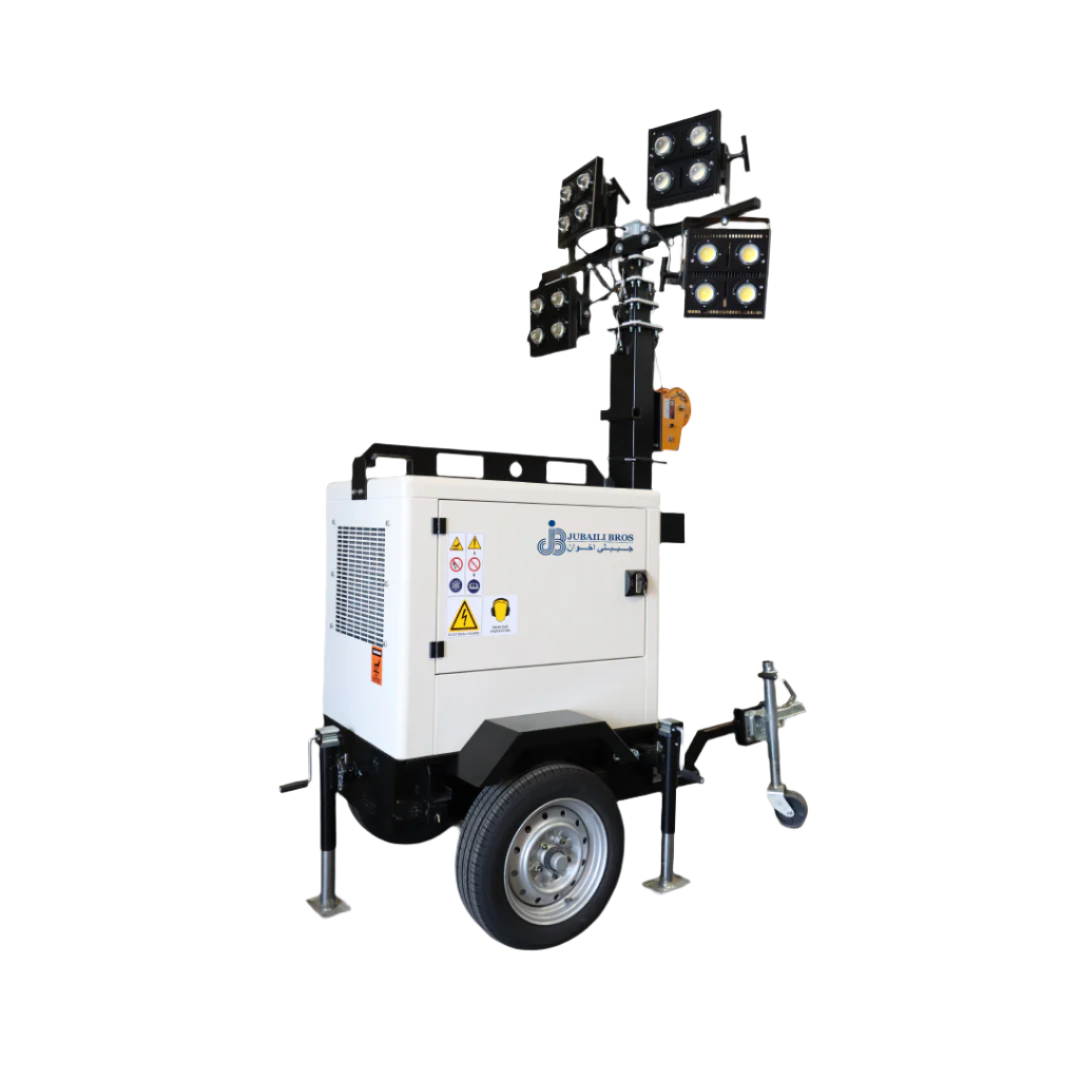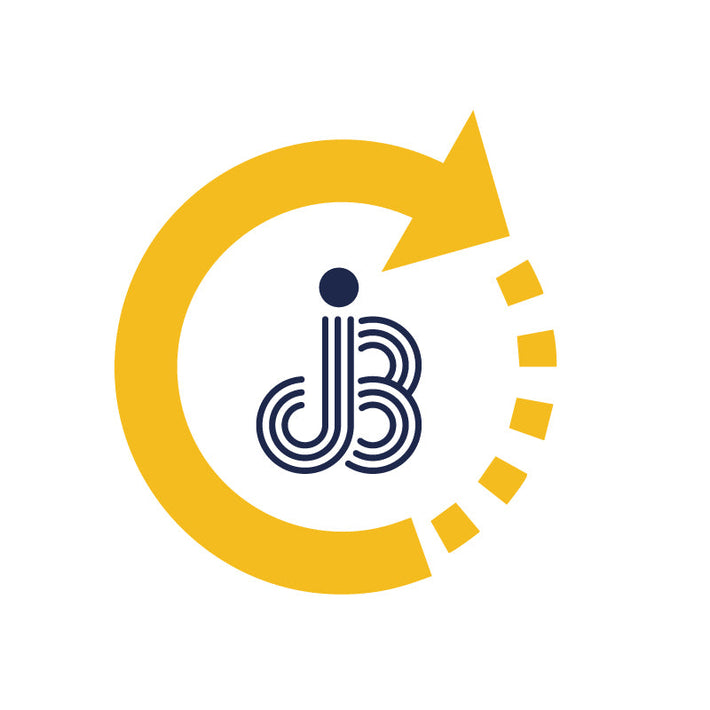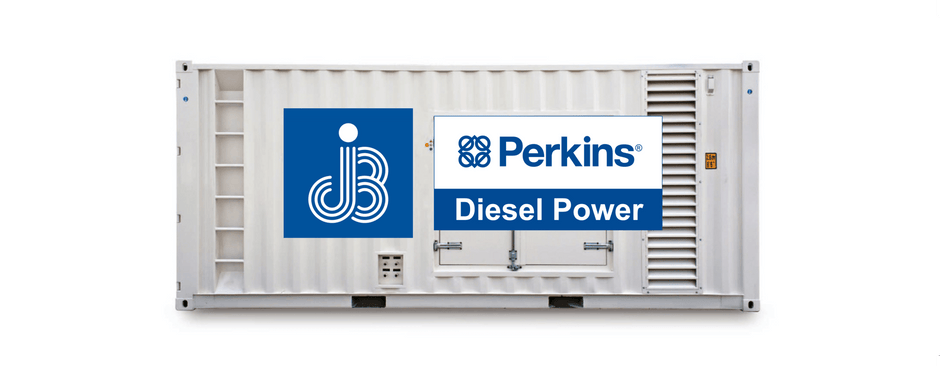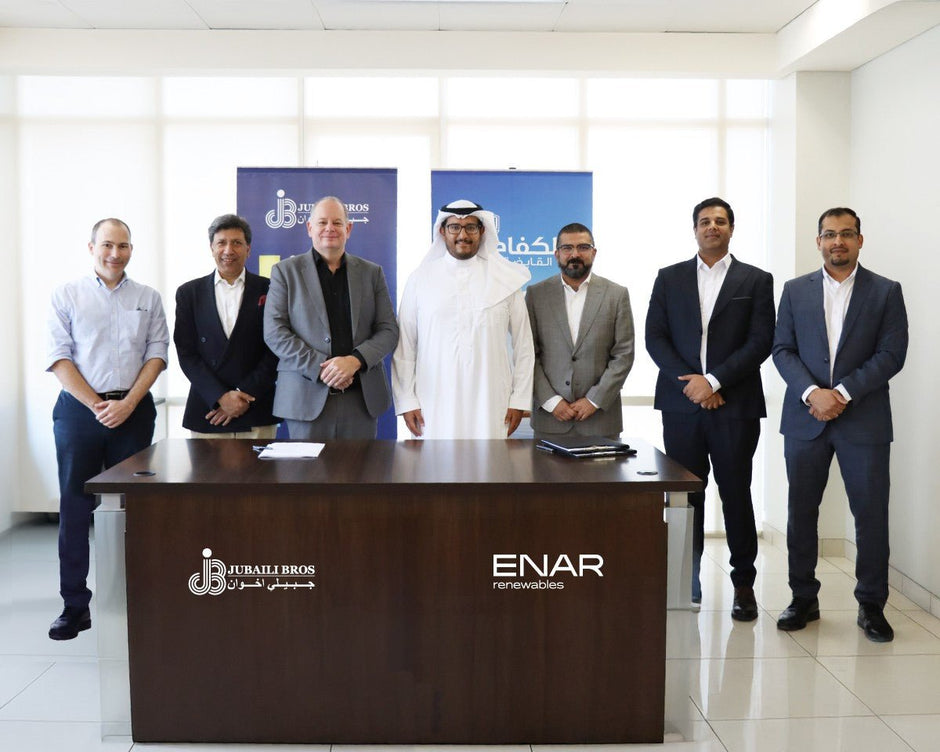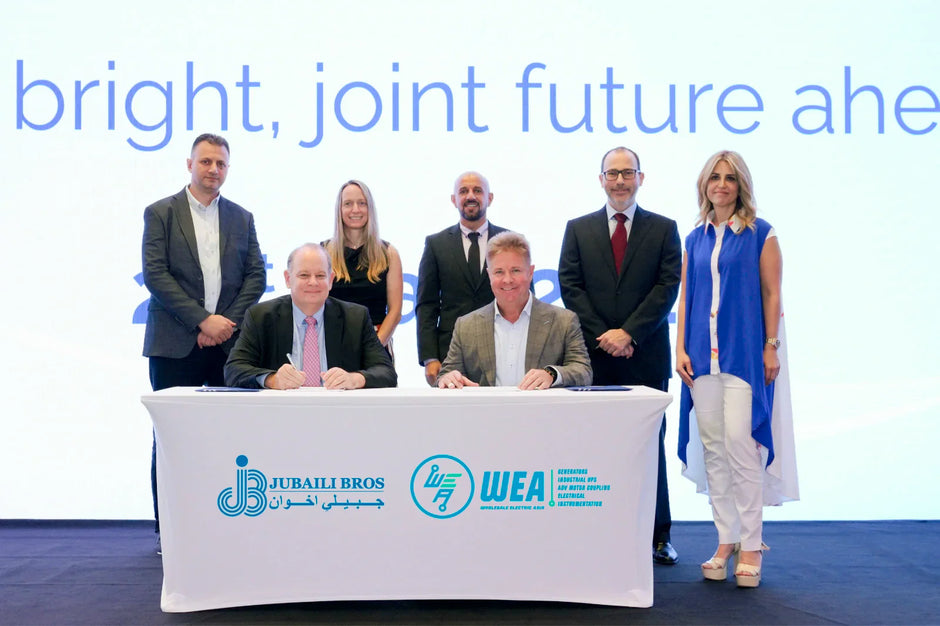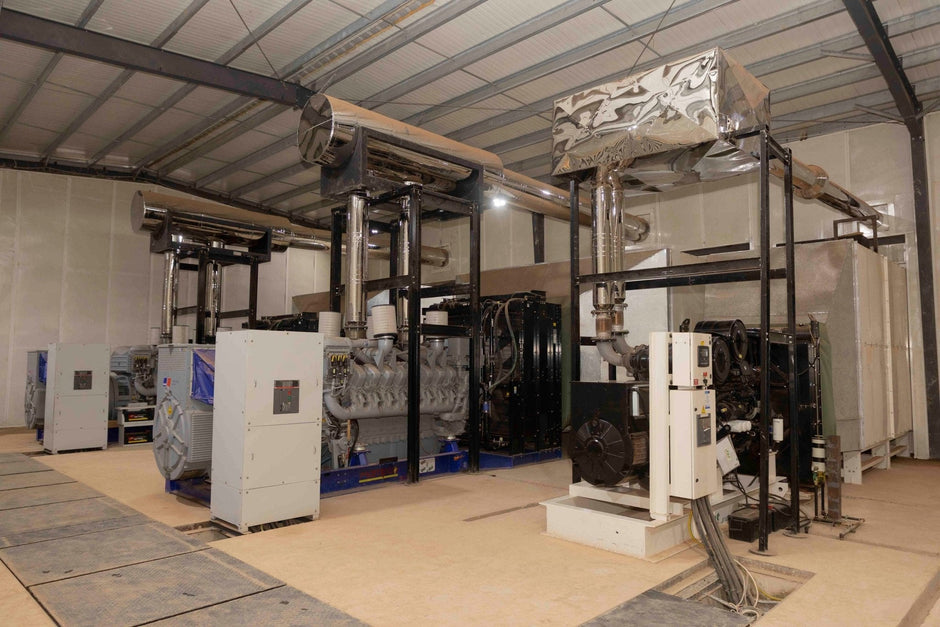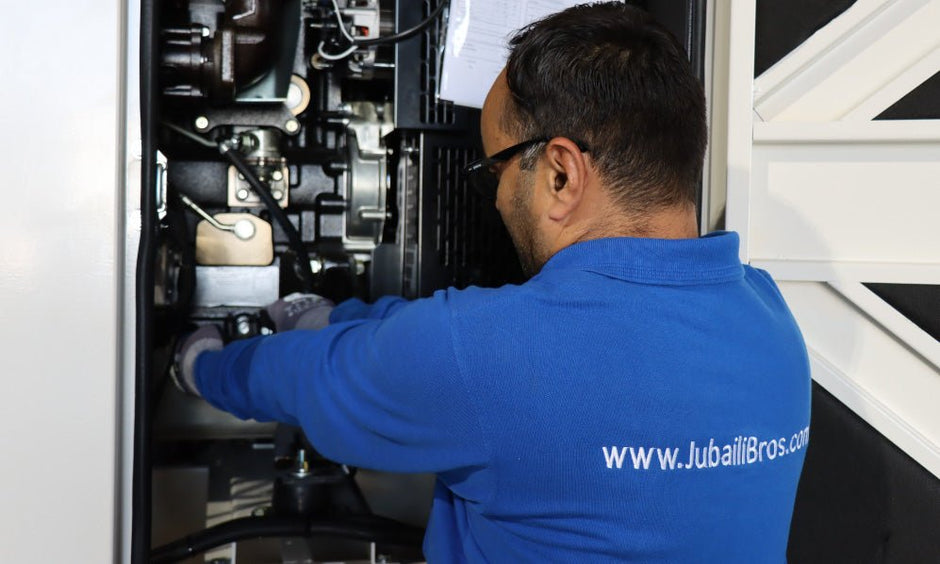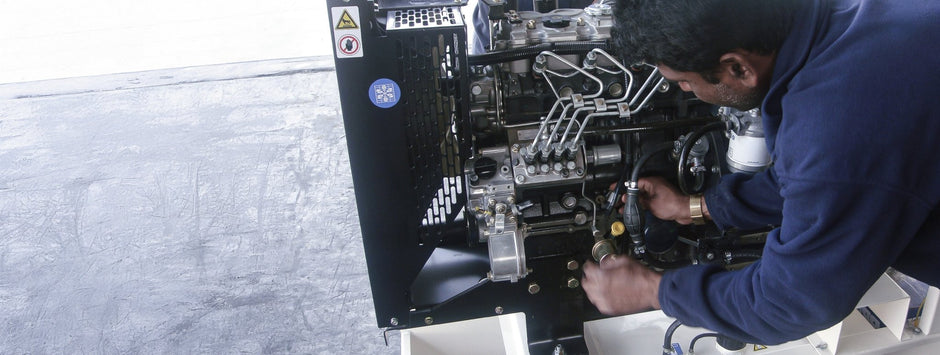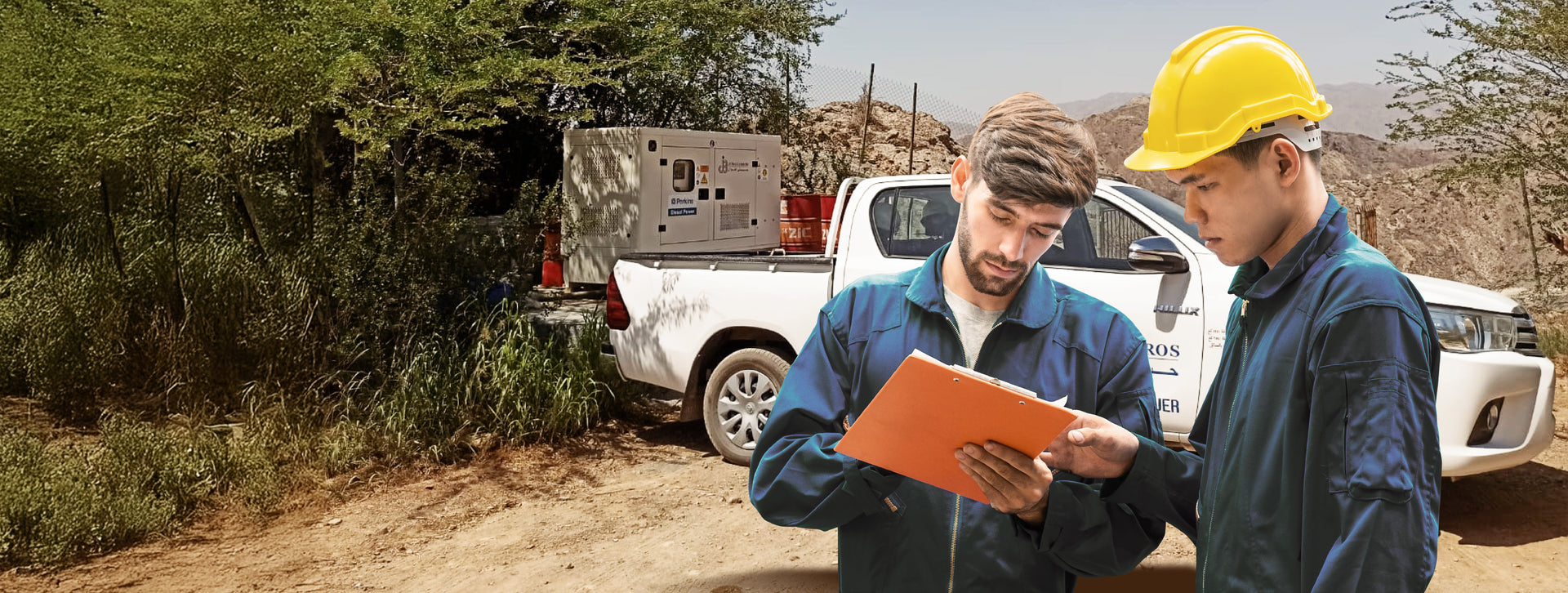In today’s urbanized and tightly regulated environments, choosing a diesel generator is about more than just power output—it’s about minimizing operational impact. One of the most important considerations is compliance with local noise regulations. Excessive generator noise can trigger community complaints, delay permitting, and result in regulatory fines or shutdowns.
This article explains how noise standards affect generator selection, which technologies help reduce sound emissions, and how Jubaili Bros helps customers meet acoustic compliance requirements across diverse markets.
Why Noise Regulations Matter
Municipal authorities and environmental agencies enforce noise limits to protect public well-being. Generators installed in residential, healthcare, education, or commercial areas are subject to strict decibel thresholds designed to minimize disturbance.
Failing to comply with local noise regulations can lead to:
- Project delays or denied installation approvals
- Penalties from environmental or building authorities
- Complaints from neighbors or tenants
- Reputational damage to property developers or operators
How Generator Noise Is Measured
Sound levels are measured in decibels (dBA) using the A-weighted scale, which mimics human hearing. Regulations typically define acceptable noise at a specific distance—commonly 1 meter, 7 meters, or the property boundary.
- Residential zones: 60–65 dBA at 7 meters
- Commercial or urban zones: 65–70 dBA at 7 meters
- Industrial areas: Up to 75 dBA, depending on zoning and usage
Tests are typically conducted under full load and steady-state operation using calibrated instruments and standardized procedures.
What Affects Generator Noise Levels
Several factors influence how much sound a generator produces:
- Engine speed: Higher RPM engines tend to generate more mechanical noise.
- Alternator design: Electromagnetic and mechanical noise from rotating components.
- Cooling fans: Airflow noise from engine or radiator-mounted fans, particularly in larger models.
- Exhaust discharge: Pulsations from combustion gases exiting the exhaust system.
- Enclosure construction: The quality and thickness of sound insulation, seals, and vibration isolation.
Low-Noise Generators from Jubaili Bros
Jubaili Bros offers a complete range of sound-attenuated and super-silent diesel generator sets. Our standard acoustic solutions include:
- Weatherproof canopies: Fabricated with galvanized steel and internally lined with noise-reducing insulation.
- Critical-grade silencers: Engineered exhaust mufflers that minimize combustion noise.
- Optimized airflow paths: Intake and discharge ducts designed to limit turbulence and acoustic leakage.
- Vibration isolators: Rubber mounts for engine and alternator that reduce noise transmitted through the base frame.
These systems typically deliver 65–70 dBA at 7 meters, compliant with most urban and residential requirements.
Tailored Solutions for Sensitive Locations
In noise-sensitive environments such as hospitals, educational facilities, or mixed-use developments, Jubaili Bros provides custom-engineered acoustic options, including:
- Special acoustic rooms: On-site generator rooms with lined walls, ceilings, and soundproof doors.
- Remote cooling systems: Relocating radiator fans away from occupied areas to reduce noise exposure.
- Oversized enclosures: Heavy-duty canopies with multilayer insulation and enhanced silencers.
- Sub-grade installations: Placing generators below ground level with acoustic ducting and ventilation.
We also support noise modeling and site-specific acoustic simulations for project approval processes.
Site Planning for Acoustic Performance
Generator placement can significantly influence perceived noise. Good design practices include:
- Locating the generator away from noise-sensitive boundaries
- Using barriers such as boundary walls, fencing, or landscape berms to absorb or deflect sound
- Avoiding tight spaces that amplify sound or block ventilation
- Using acoustic louvers or baffles at intake and exhaust openings
Noise Regulations in Different Countries
Jubaili Bros supports clients in navigating diverse local noise requirements. Examples include:
- UAE (Dubai Municipality): Residential generators must meet a 65 dBA limit at the property line.
- Saudi Arabia (Royal Commission): Mixed-use areas are restricted to 70 dBA during the day.
- Nigeria (NESREA): Urban daytime noise typically limited to 60–70 dBA, with nighttime limits often lower.
Our regional sales and technical teams are updated on evolving municipal regulations and can advise on generator selection and noise compliance strategy.
Controller Features That Help Reduce Noise
Digital control systems play a role in acoustic performance. Jubaili Bros integrates Deep Sea Electronics controllers that support:
- Smooth engine ramp-up and ramp-down: Minimizes noise during startup and shutdown cycles.
- Load management: Prevents abrupt load changes that cause acoustic spikes.
- Synchronized operation: Reduces generator run-time and noise by efficiently sharing load among units.
How Jubaili Bros Supports Noise Compliance
Our team provides full support throughout the noise compliance journey:
- Recommendation of generator models based on site noise restrictions
- Provision of acoustic test reports and data sheets for permitting
- Customization of enclosures and accessories for site-specific mitigation
- Support for on-site testing and government inspections where required
We also collaborate with MEP consultants and contractors to ensure generator noise control is integrated into the broader building design.
Conclusion
Meeting local noise regulations is essential for legal approval, community acceptance, and smooth operation. Whether your generator supports a healthcare facility, retail center, or residential tower, choosing a compliant, low-noise solution protects your investment and reputation.
Jubaili Bros offers proven expertise in acoustic engineering, regulatory documentation, and generator performance—ensuring every installation meets applicable noise standards and exceeds customer expectations.
Contact Jubaili Bros to select the right low-noise generator for your site and secure full acoustic compliance.

